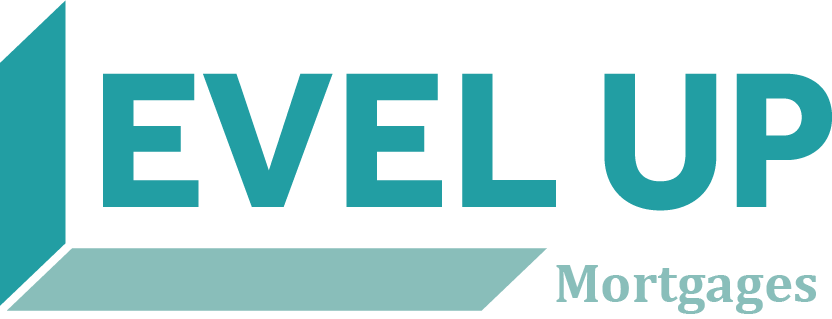How First Home Savings Account Can Help Homebuyers
How First Home Savings Account Can Help Homebuyers
Let’s explore the FHSA further and determine if it can help you achieve your goal of purchasing your first home. Continue reading to learn more about this!
New Canadian home buyers will soon be able to utilize a new savings and investment tool called the First Home Savings Account to help them get ready for their first experience in the housing market.
The FHSA is a registered account that merges features of tax-free savings accounts and registered retirement savings plans, allowing you to save up to $8,000 annually with a maximum limit of $40,000.
Let's explore the FHSA further and determine if it can help you achieve your goal of purchasing your first home:
How the FHSA Will Work
Qualified Canadians can create a First Home Savings Account at any financial institution that provides TFSAs and RRSPs, including banks, credit unions, life insurance firms, and Canadian trust companies. Opening and using an FHSA should be simple and relatively uncomplicated.
You can add money to your First Home Savings Account with a yearly limit of $8,000 and a total limit of $40,000. Similar to an RRSP, these contributions are tax-deductible, making it one of the more appealing features of the FHSA.
You can utilize the funds in your FHSA to buy different investment options, such as mutual funds, stocks, bonds, and guaranteed investment certificates. Additionally, you won't be required to pay taxes on the profits generated by these investments, which is a great advantage.
When you're a first-time home buyer in Canada, you'll send a request to your FHSA provider to verify your eligibility for a qualifying withdrawal. If everything is in order, you'll obtain your savings and use the entire sum for your down payment, deposit, or closing expenses without any tax implications.
First Home Savings Account Withdrawals
The First Home Savings Account is created to assist home buyers, so only tax-free withdrawals can be made when used for purchasing a home.
To qualify, you need to meet these criteria:
It's your first time buying a house
You reside in Canada at the time of the withdrawal
You intend to use the property as your principal residence within the first year of purchasing or building
You have a written agreement to purchase or build a home in Canada before the first of October in the following year after the withdrawal
If your withdrawal does not fulfill the required criteria, it will be deemed as non-qualifying.
Withdrawals from your FHSA that do not meet the qualifying criteria will be included in your annual taxable income, potentially resulting in a significant tax payment. Moreover, your FHSA provider will impose a withholding tax on non-qualifying withdrawals, similar to the treatment for taxable RRSP withdrawals, which can result in substantial penalties.
However, you can move funds from a First Home Savings Account to an RRSP or registered retirement income fund without any tax implications. Such transfers will not affect your lifetime FHSA contribution limit, nor will they decrease your RRSP contribution capacity.
Other FHSA Rules for Contribution to Keep in Mind
Aside from the annual $8,000 and overall $40,000 contribution limits, there are several other guidelines to consider when contributing to your FHSA.
In contrast to RRSPs, the yearly FHSA contribution limit is based on the calendar year and does not extend to the first 60 days of the next year. Once December 31 passes, the contribution period for that specific year ends.
If you don't reach your yearly FHSA contribution maximum, the remaining amount will roll over to the following year. For instance, if you contribute $4,000 in 2023, you will have a $12,000 contribution capacity available in 2024.
It is possible to possess multiple FHSAs, but you must comply with a specific yearly and lifetime contribution limit. Exceeding your yearly contribution limit will result in a 1% monthly tax on the surplus amount. Once January 1 arrives, your excess contributions will be counted toward the following year's total.
You can assist your spouse or common-law partner in adding money to their FHSA by transferring funds to them. However, the amount you give cannot be used as a tax deduction.
THE BOTTOM LINE
The First Home Savings Account can be a valuable tool for a first-time home buyer in Canada. By allowing tax-free contributions and tax-free withdrawals for qualified home purchases, the FHSA can help individuals and families save for their down payment and closing costs.
Before opening an FHSA, individuals should consult with a financial advisor to determine if it is the right choice for their financial situation and homeownership goals.
Level Up Mortgages is a mortgage broker team focused on helping the self employed, new immigrants, non-residents, and investors, access best rate and alternative lending in Canada. We have been nominated for best up and coming broker in Canada in 2021 and have been on CTV News and various publications because of our education-first approach to helping you always stay a step ahead of the process. Reach out to us for access to our first-time buyer course or a mortgage strategy session.
See What You Qualify For Or Contact Paul To Get Your Pre-Approval.
Paul Davidescu (www.levelupmortgages.com)
Level Up Mortgages
604-809-3188
paul(at)levelupmortgages.com
See Our Google Reviews in BC & Ontario: bit.ly/GoogleReviewLUM ⭐️⭐️⭐️⭐️⭐️

